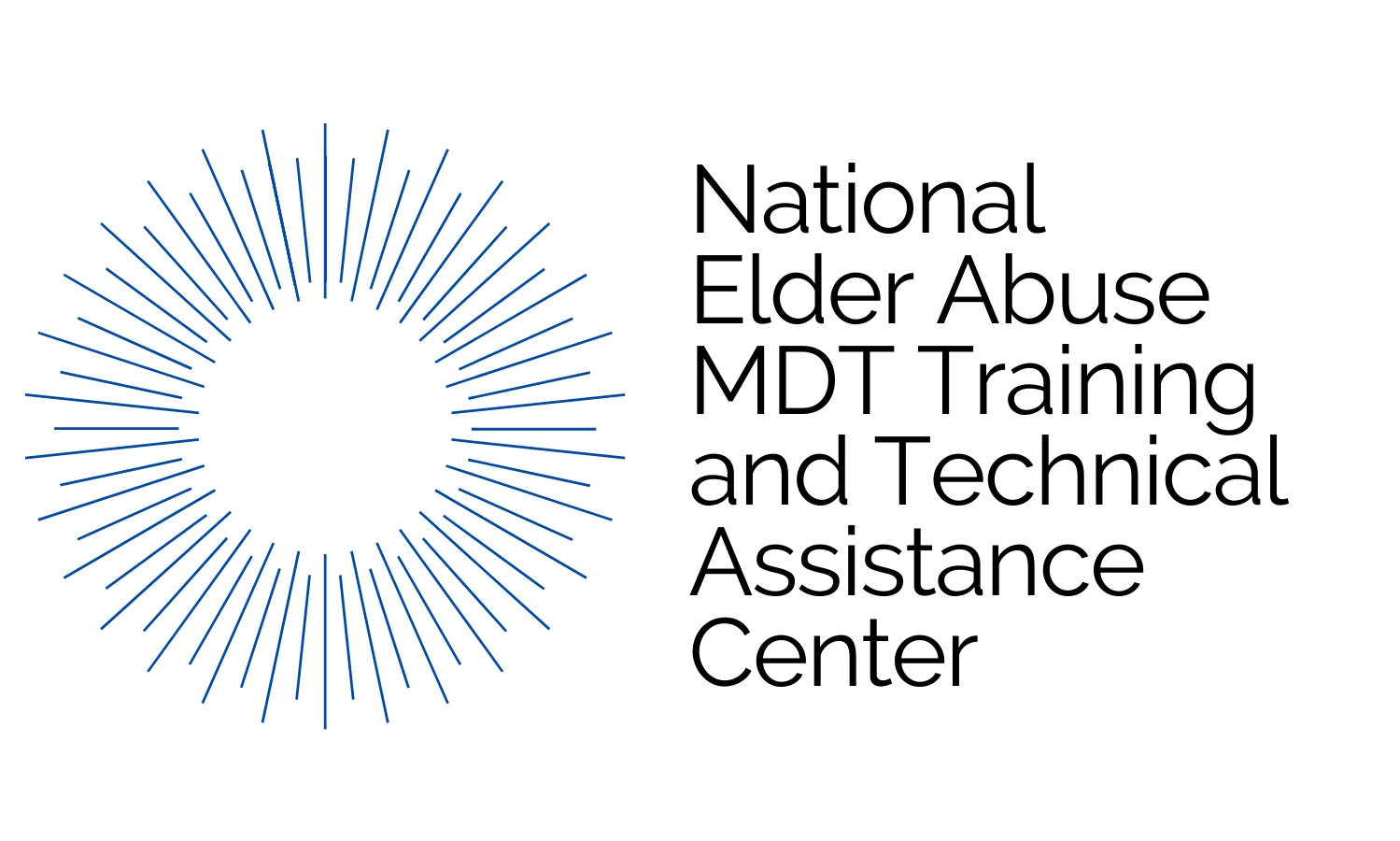Intersectional oppression and discrimination based on race have impacted the lived experiences of minoritized individuals across their lifespans, particularly through their interaction with systems. These barriers exist within all institutions and structures, including E-MDTs. For older abuse and neglect victims, experiencing these challenges from the E-MDT process can profoundly negatively impact their ability to access much-needed safety and healing support.
For older victims from marginalized communities, working with E-MDT members who understand how these issues impact their experiences, particularly within responding systems, is critical to enhancing their sense of safety and belonging. Centering an equity lens in the work of E-MDTs is also aligned with the elder justice sector's broader push towards person-centered care - where individuals' values and preferences, informed by their lived experiences, are elicited and, once expressed, guide all aspects of care.
E-MDTs are well-placed to center racial equity and person-centeredness in their work due to several reasons:
The National Center is committed to leading the E-MDT community in Advancing Racial Equity and Person-Centeredness in our work with teams. The "Advancing Racial Equity in E-MDTs: A Resource for Elder Abuse E-MDT Coordinators" is a crucial resource we have produced to support this work. Access the resource guide to:
The Resource Guide builds from 3 workshops conducted with the National Center's OVC-funded E-MDTs. They provided participants with the opportunity to:
Our work on racial equity also necessarily focuses on understanding the unique experiences of tribal communities and, in particular, tribal elders. Tribal elders are advisors, teachers, spiritual healers, and connectors to the past. They are keepers of knowledge and tradition and hold unique and important social positions in tribal communities. The work to prevent and respond to harm against tribal elders also takes on additional dimensions that relate to:
To learn more about working with tribal communities through E-MDTs, access these National Center webinars:
Visit this section in the future to learn more about strategies and tools for E-MDTs.
Here are some resources that have informed our work to date:
